March 1st marks the beginning of the 37th celebration of Women’s History Month, a time of reflection on the often overlooked and vital role women have played in society throughout history. The month-long celebration of women initially stemmed from International Women’s Day, which was first celebrated on March 8th, 1911. The United Nations (UN) began sponsoring the holiday in 1975. In 1987, the National Women’s History Project petitioned to Congress to extend the weeklong holiday to the entire month of March.
People celebrate the holiday in various ways: demonstrations, educational initiatives, and customs that celebrate women (ie. giving women gifts and flowers). This year’s International Women’s Day theme is “#BreakTheBias,” in efforts to encourage calling out gender bias, discrimination and stereotyping of women and other minority groups. The theme of this year’s Women’s History Month is “Women Providing Healing, Promoting Hope” and seeks to celebrate the women who have provided unceasing care on the frontlines of the pandemic, as well as healing and hope beyond our current global circumstances.

On the heels of our Policy Team’s first successful roundtable filled with productive discussion and growth internally, we are excited to announce that on Friday, March 4th, in the spirit of International Women’s Day and Women’s History Month, we are hosting our second roundtable, “Share the Plate: Increasing Equity in the Food System.” This time in the year seeks to improve global equity for all people and we hope you can join the conversation. At the roundtable, we will discuss equity in the food system for all groups, including the minority female population in agriculture. The roundtable will have three guest panelists, who will provide insight and will help us better understand how the existing food system unequally serves and impacts communities, and what The Farmlink Project can do to create a more equitable future for food. Our goal in hosting this roundtable is to advance conversations about equity for our immediate community and for external stakeholders so that we can better understand how to create a more equitable food system and leave this discussion with next steps to work on as an organization.
So please join us as we begin conversations around equity and improve our food system. This is our first Roundtable to focus on both internal & external engagement and you all are invited!
< Back
March 1st marks the beginning of the 37th celebration of Women’s History Month, a time of reflection on the often overlooked and vital role women have played in society throughout history. The month-long celebration of women initially stemmed from International Women’s Day, which was first celebrated on March 8th, 1911. The United Nations (UN) began sponsoring the holiday in 1975. In 1987, the National Women’s History Project petitioned to Congress to extend the weeklong holiday to the entire month of March.
People celebrate the holiday in various ways: demonstrations, educational initiatives, and customs that celebrate women (ie. giving women gifts and flowers). This year’s International Women’s Day theme is “#BreakTheBias,” in efforts to encourage calling out gender bias, discrimination and stereotyping of women and other minority groups. The theme of this year’s Women’s History Month is “Women Providing Healing, Promoting Hope” and seeks to celebrate the women who have provided unceasing care on the frontlines of the pandemic, as well as healing and hope beyond our current global circumstances.

On the heels of our Policy Team’s first successful roundtable filled with productive discussion and growth internally, we are excited to announce that on Friday, March 4th, in the spirit of International Women’s Day and Women’s History Month, we are hosting our second roundtable, “Share the Plate: Increasing Equity in the Food System.” This time in the year seeks to improve global equity for all people and we hope you can join the conversation. At the roundtable, we will discuss equity in the food system for all groups, including the minority female population in agriculture. The roundtable will have three guest panelists, who will provide insight and will help us better understand how the existing food system unequally serves and impacts communities, and what The Farmlink Project can do to create a more equitable future for food. Our goal in hosting this roundtable is to advance conversations about equity for our immediate community and for external stakeholders so that we can better understand how to create a more equitable food system and leave this discussion with next steps to work on as an organization.
So please join us as we begin conversations around equity and improve our food system. This is our first Roundtable to focus on both internal & external engagement and you all are invited!
Women's History Month and Our Second Rountable Discussion
March 1st marks the beginning of the 37th celebration of Women’s History Month, a time of reflection on the often overlooked and vital role women have played in society throughout history. The month-long celebration of women initially stemmed from International Women’s Day, which was first celebrated on March 8th, 1911. The United Nations (UN) began sponsoring the holiday in 1975. In 1987, the National Women’s History Project petitioned to Congress to extend the weeklong holiday to the entire month of March.
People celebrate the holiday in various ways: demonstrations, educational initiatives, and customs that celebrate women (ie. giving women gifts and flowers). This year’s International Women’s Day theme is “#BreakTheBias,” in efforts to encourage calling out gender bias, discrimination and stereotyping of women and other minority groups. The theme of this year’s Women’s History Month is “Women Providing Healing, Promoting Hope” and seeks to celebrate the women who have provided unceasing care on the frontlines of the pandemic, as well as healing and hope beyond our current global circumstances.

On the heels of our Policy Team’s first successful roundtable filled with productive discussion and growth internally, we are excited to announce that on Friday, March 4th, in the spirit of International Women’s Day and Women’s History Month, we are hosting our second roundtable, “Share the Plate: Increasing Equity in the Food System.” This time in the year seeks to improve global equity for all people and we hope you can join the conversation. At the roundtable, we will discuss equity in the food system for all groups, including the minority female population in agriculture. The roundtable will have three guest panelists, who will provide insight and will help us better understand how the existing food system unequally serves and impacts communities, and what The Farmlink Project can do to create a more equitable future for food. Our goal in hosting this roundtable is to advance conversations about equity for our immediate community and for external stakeholders so that we can better understand how to create a more equitable food system and leave this discussion with next steps to work on as an organization.
So please join us as we begin conversations around equity and improve our food system. This is our first Roundtable to focus on both internal & external engagement and you all are invited!
.png)
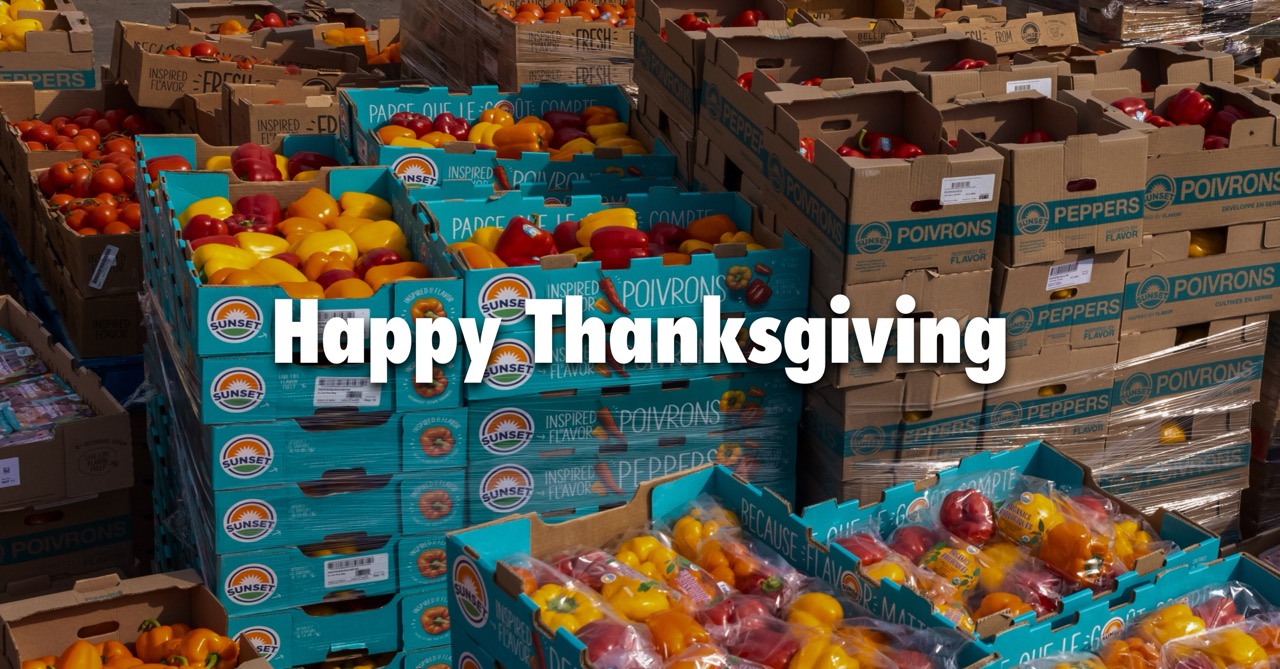
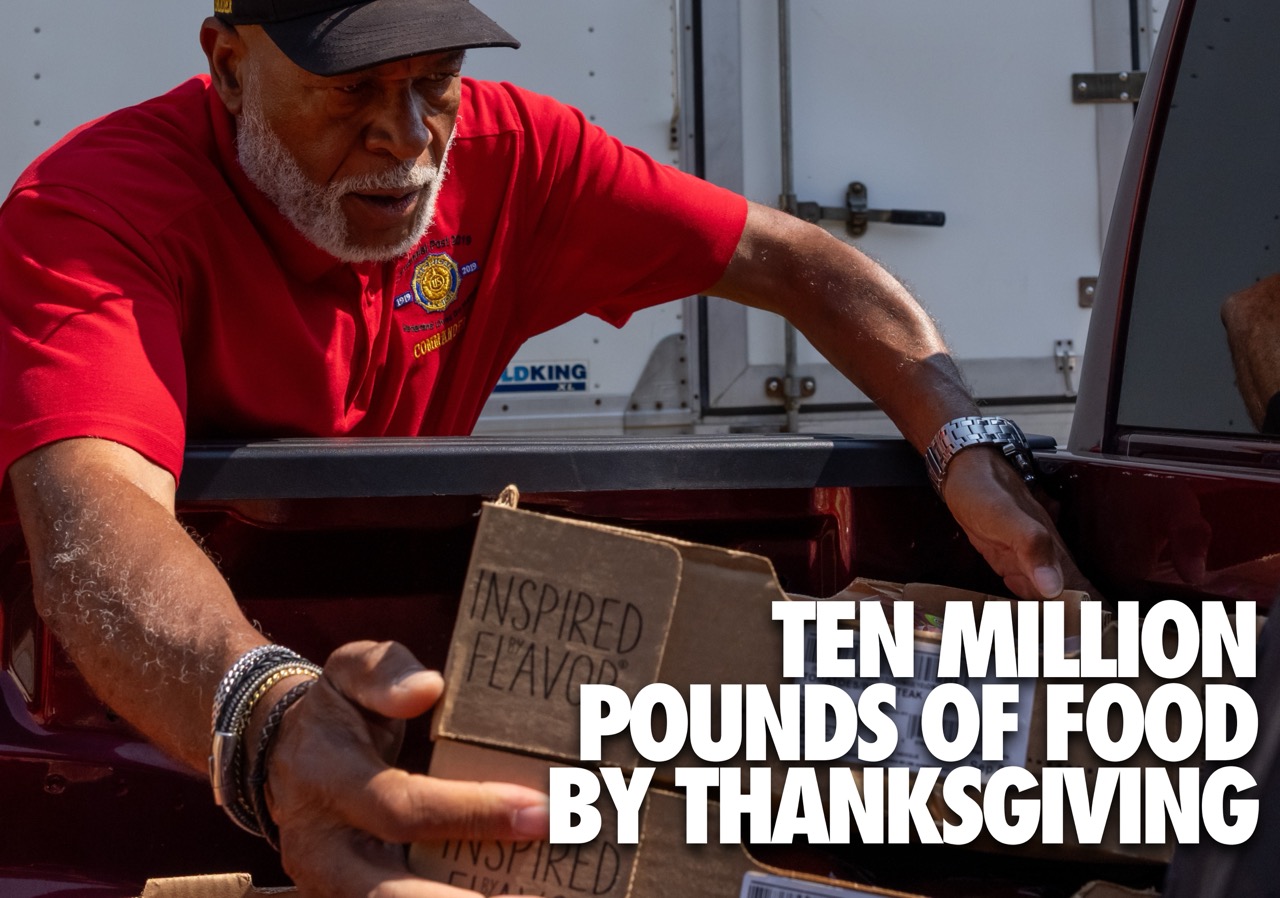
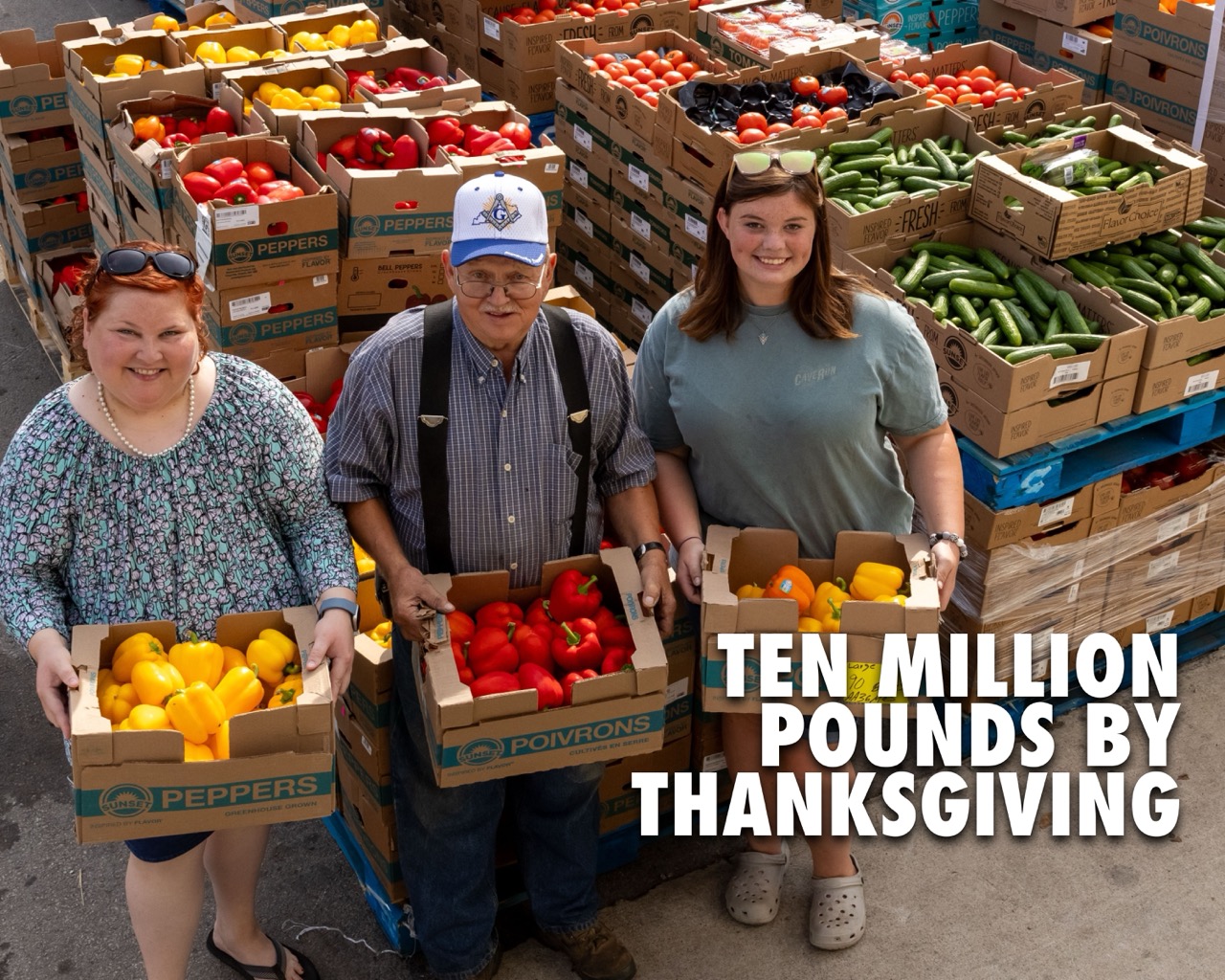
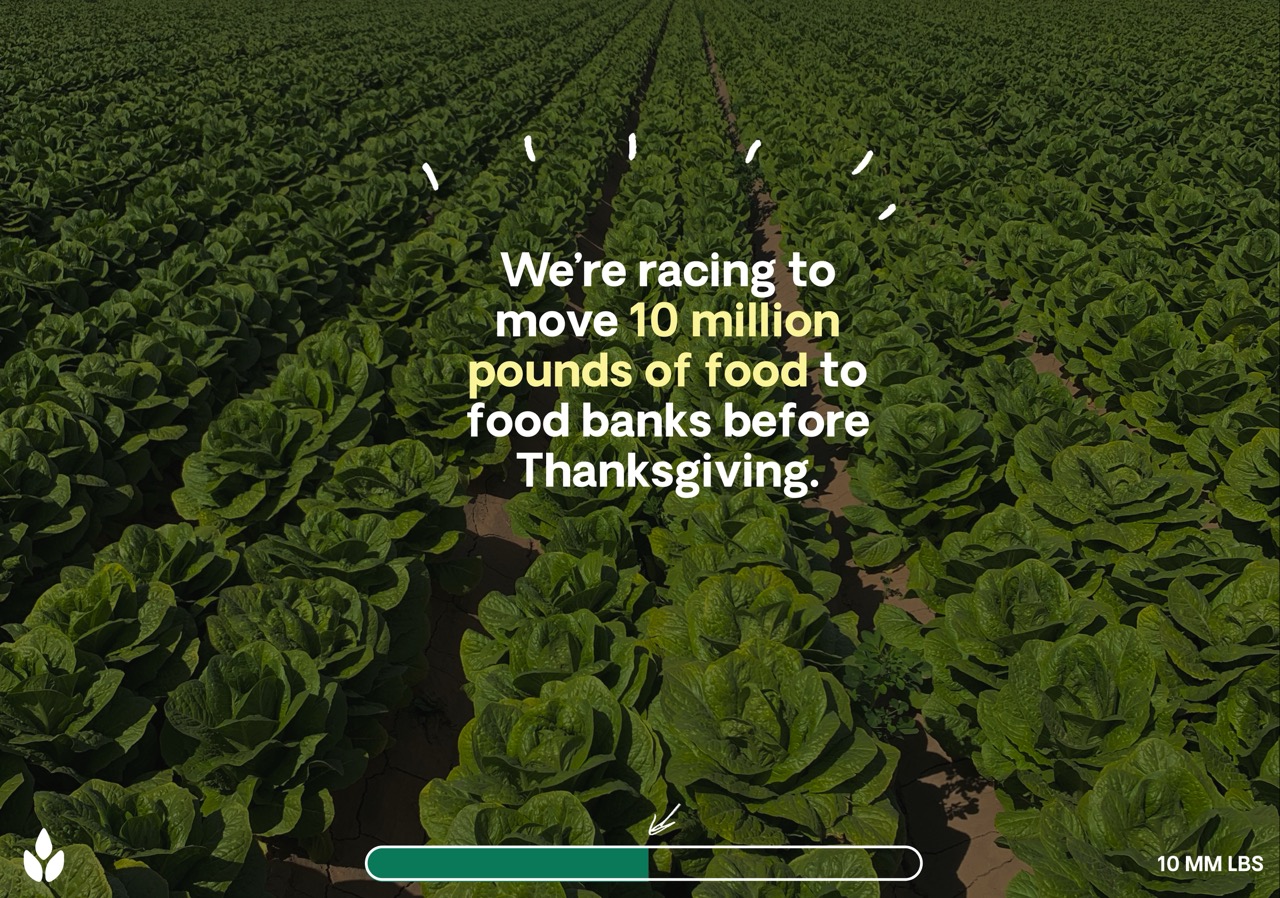
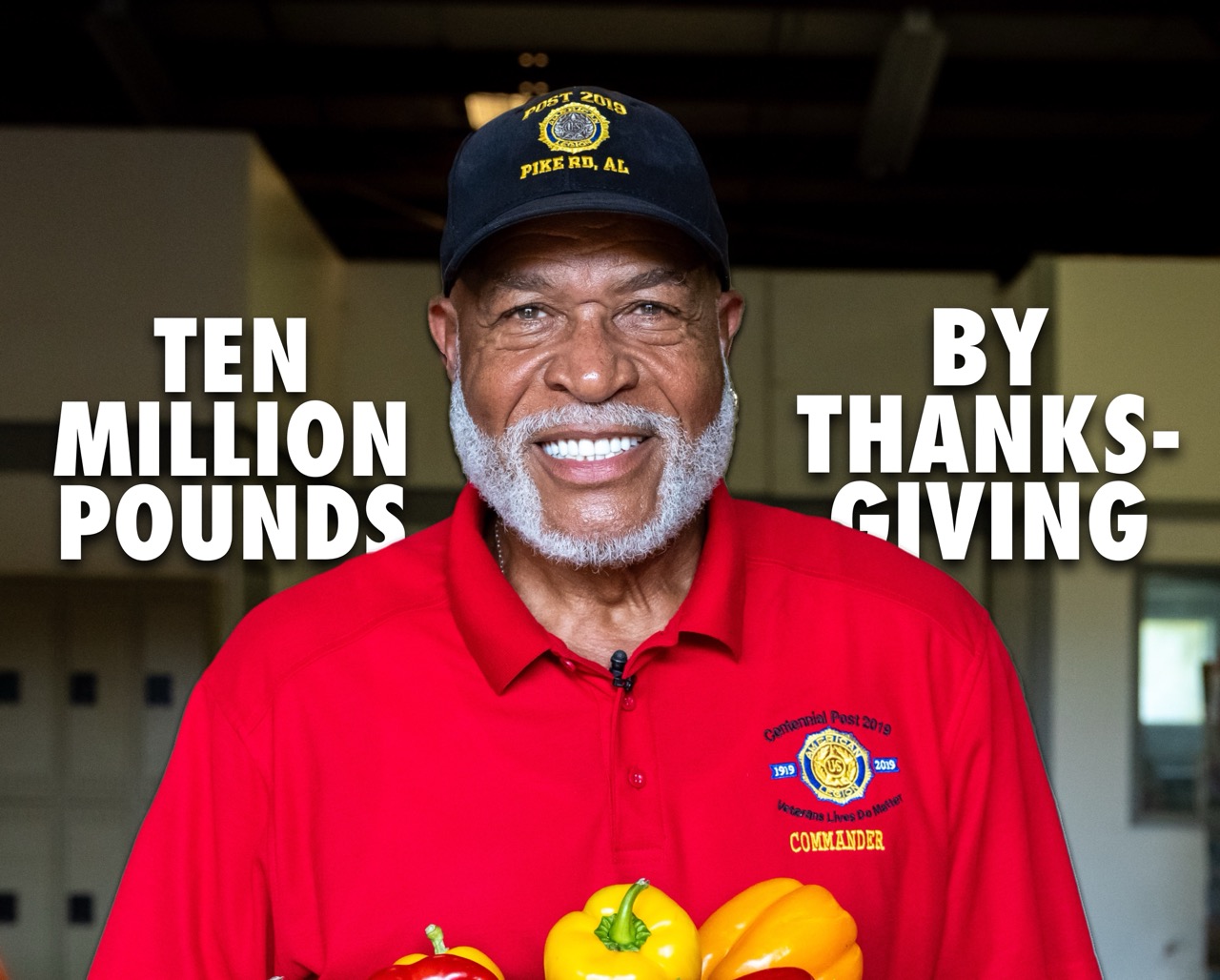
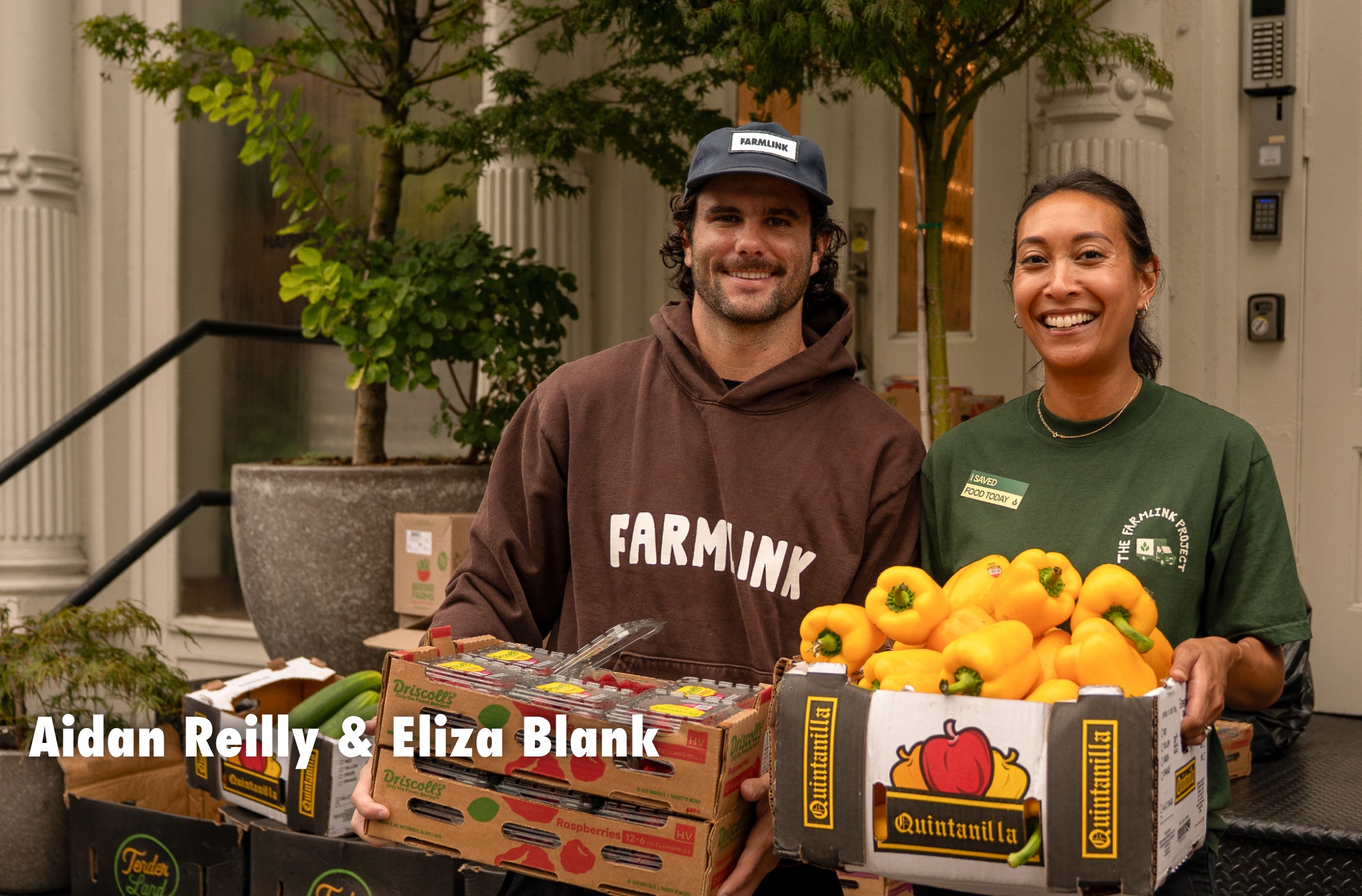
.svg)
.svg)
.svg)